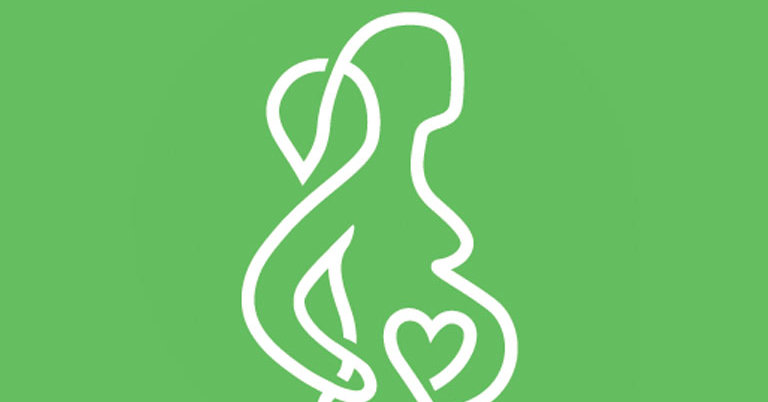
Boys born small may be at risk for infertility in adulthood.
Danish researchers examined birth and health records of 10,936 men and women born between 1984 and 1987. The study, in Human Reproduction, found that 10 percent of the babies were born small for gestational age. The health and behavioral characteristics of the mothers of low-birth-weight babies were similar to those of mothers of babies of normal weight, although they were more likely to be first-time mothers and to smoke and consume alcohol.
After controlling for these factors, plus socioeconomic status and pre-pregnancy body mass index, the scientists found that male babies who were born small were 55 percent more likely than their normal weight peers to be infertile as adults. They defined infertility as having sought fertility treatment between their 18th birthdays and the end of 2017, when the men would have been in their early 30s.
Some of the men were born with genital malformations, and when they eliminated those babies, the men born small were 37 percent more likely to be infertile, though that association did not reach statistical significance.
In women, there was no link between birth weight and infertility.
The mechanisms underlying the association remain unknown, said the lead author, Anne Thorsted, a researcher at Aarhus University in Denmark when the study was done. “It’s important to say that not all men born small for gestational age are at increased risk. We must therefore become clearer about what characterizes those men who do experience infertility.”

